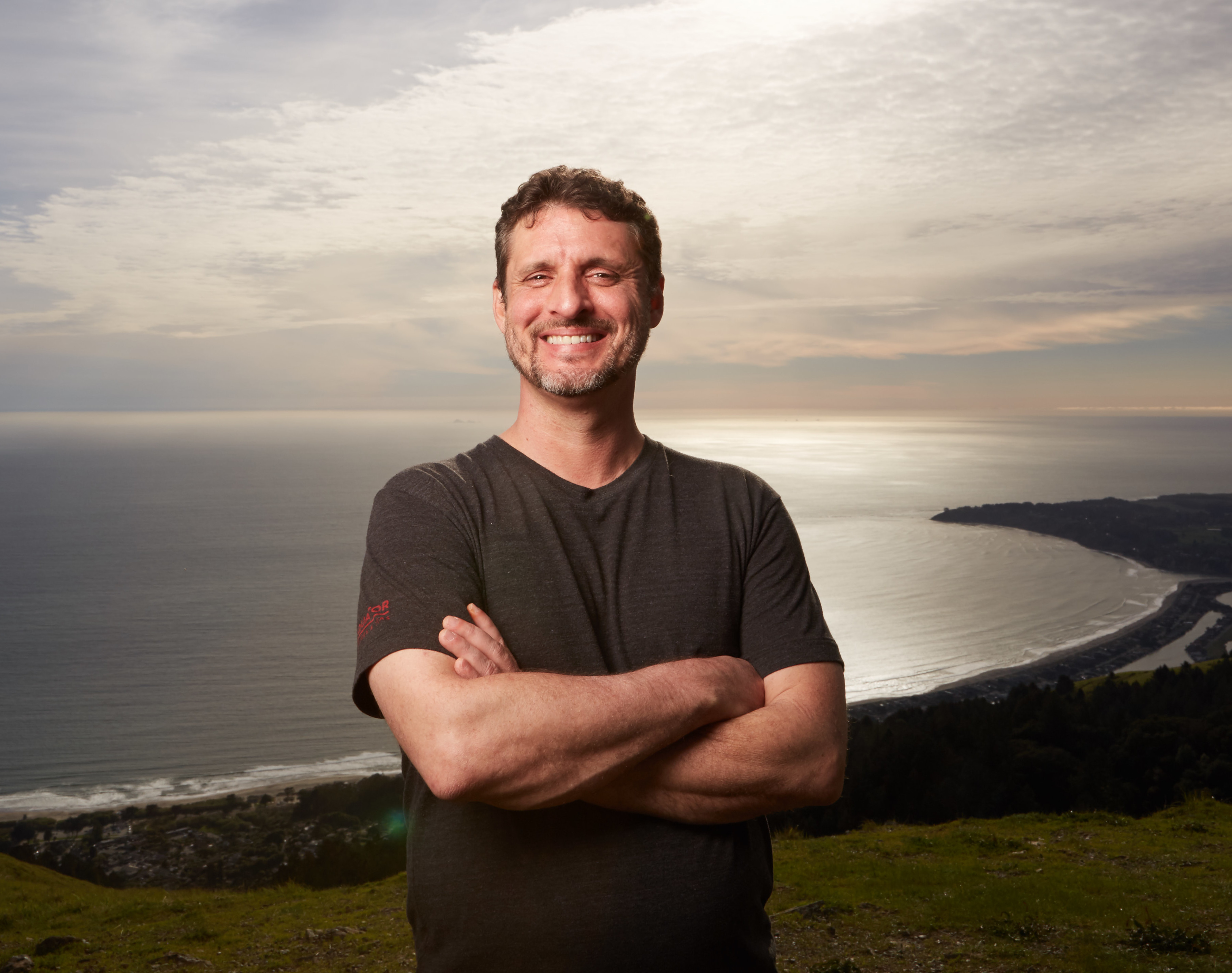The legacy of Martin Luther King Jr. is a powerful narrative in our culture. His memory is invoked by many–across the political spectrum–seeking to bolster their cause, or critique someone else’s.
In recent months, some on social media and elsewhere, have attempted to use a selective and distorted presentation of King’s thought to disparage racial justice activists who are committed to disrupting business-as-usual in response to the epidemic murder of Black men and women by police. Using King to discourage direct action tactics is nonsensical, since King’s great cause was enlisting people to take militant, nonviolent direct action for peace, racial justice, and economic justice.
This misuse of King’s teaching is the result of a pre-packaged version of King that evaporates when we study his actual words.
Despite his unwavering commitment to love and nonviolence, Martin Luther King Jr. never engaged in what today is called "victim-blaming." Although he condemned ‘riots’ and vandalism as destructive and self-defeating, he refused to let such actions–and the resultant media frenzy–distract from the core issues of systemic injustice. He refused to be more outraged by uprisings against oppression than by injustice, state violence, and oppression itself.
Therefore, said King, "It is not enough for me to stand before you tonight and condemn riots. It would be morally irresponsible for me to do that without, at the same time, condemning the contingent, intolerable conditions that exist in our society. These conditions are the things that cause individuals to feel that they have no other alternative than to engage in violent rebellions to get attention. And I must say tonight that a riot is the language of the unheard."
Dr. King felt that the uprisings of the 1960s represented a ‘last chance’ for the United States to hear vital warnings and correct its course by facing the realities of racism, ending poverty, and recognizing the humanity of the marginalized.
The grief and outrage expressed in Baltimore are the consequences of our decades-long denial of the urgent need for action. In this pivotal moment, may we take renewed inspiration from the compassionate, radical, and visionary committments of Dr. King and the Civil Rights Movement. May we renew the soul of the United States by building movements and organizing for economic and racial justice.
MARTIN LUTHER KING JR. on the Question of "Riots":
"It is easy to point out and say, ‘this person started a riot,’ or, ‘this person created the atmosphere for riots.’ I think it is time to say now that it is the Congress of the United States that’s causing riots in our country."
–Martin Luther King Jr. (Feb. 6, 1968)
"I can’t see the answer in riots. On the other hand, I can’t see the answer in tender supplications for justice. I see the answer in an alternative to both of these, and that is militant non-violence that is massive enough, that is attention-getting enough to dramatize the problems."
–Martin Luther King Jr. (1968)
"It is our experience that the nation doesn’t move around questions of genuine equality for the poor and for black people until it is confronted massively, dramatically in terms of direct action."
–Martin Luther King Jr.
"We’ve got to organize. We’ve got to organize so effectively and so well and engage in such powerful, creative protest that there will not be a power in the world that can stop us and that can afford to ignore us… Our power lies in our ability to unite around concrete programs. Our power lies in our ability to say nonviolently that we aren’t gonna take it any longer. You see the chief problem with a riot is that it can always be halted by a superior force. But I know another weapon that the National Guard can’t stop."
–Martin Luther King Jr., Cleveland, OH (April 26, 1967)
"I am aware that there are many who wince at a distinction between property and persons–who hold both sacrosanct. My views are not so rigid. A life is sacred. Property is intended to serve life, and no matter how much we surround it with rights and respect, it has no personal being…. The focus on property… is not accidental. It has a message; it is saying something…. Because property represents the white power structure, which they were attacking and trying to destroy…. Those people wanted the experience of taking, of redressing the power imbalance that property represents."
–Martin Luther King Jr. (1967)
“Social justice and progress are the absolute guarantors of riot prevention. There is no other answer.” — MLK (1967)
“Riots are not the causes of white resistance, they are consequences of it.” — MLK (1967)
“Three hundred years of humiliation, abuse and deprivation cannot be expected to find voice in a whisper.” — MLK
“It is clear that the riots were exacerbated by police action that was intended to injure or even to kill people.” — MLK (1968)
“Our summers of riots are caused by winters of delay.” — Martin Luther King Jr.
Drew Dellinger, PhD, Is a speaker, writer, poet, and teacher. @drewdellinger
For more of the radical legacy of Martin Luther King Jr., follow @EssentialMLK and @EssentialKing on Twitter.
About Drew Dellinger

Drew Dellinger, Ph.D., is an internationally known speaker, poet, writer, and teacher whose keynotes and poetry performances—which address ecology, justice, cosmology, and connectedness—have inspired minds and hearts around the world. He is also a consultant, filmmaker, and founder of Planetize the Movement.
Dellinger has presented at over 1400 events across the US, UK, Canada, and Australia. He has spoken and performed at numerous conferences—including TEDWomen, Bioneers, the Green Festival, the Dream Reborn, and the Parliament of the World’s Religions—as well as colleges and universities, poetry venues, protests, and places of worship.
Subscribe to the newsletter!
Subscribe to Planetize the Movement to stay up-to-date, you’ll also receive a full color digital poster – FREE!








